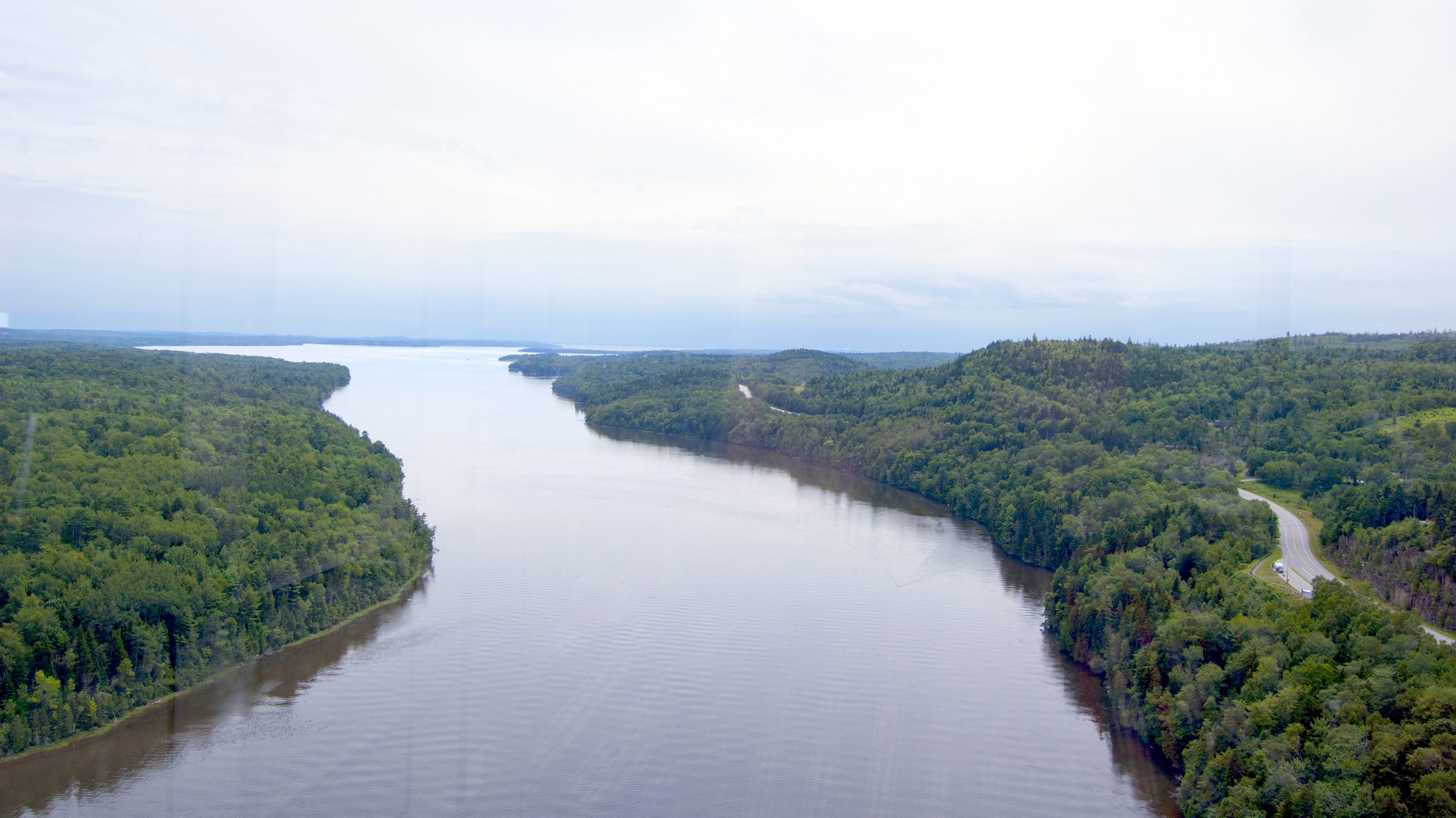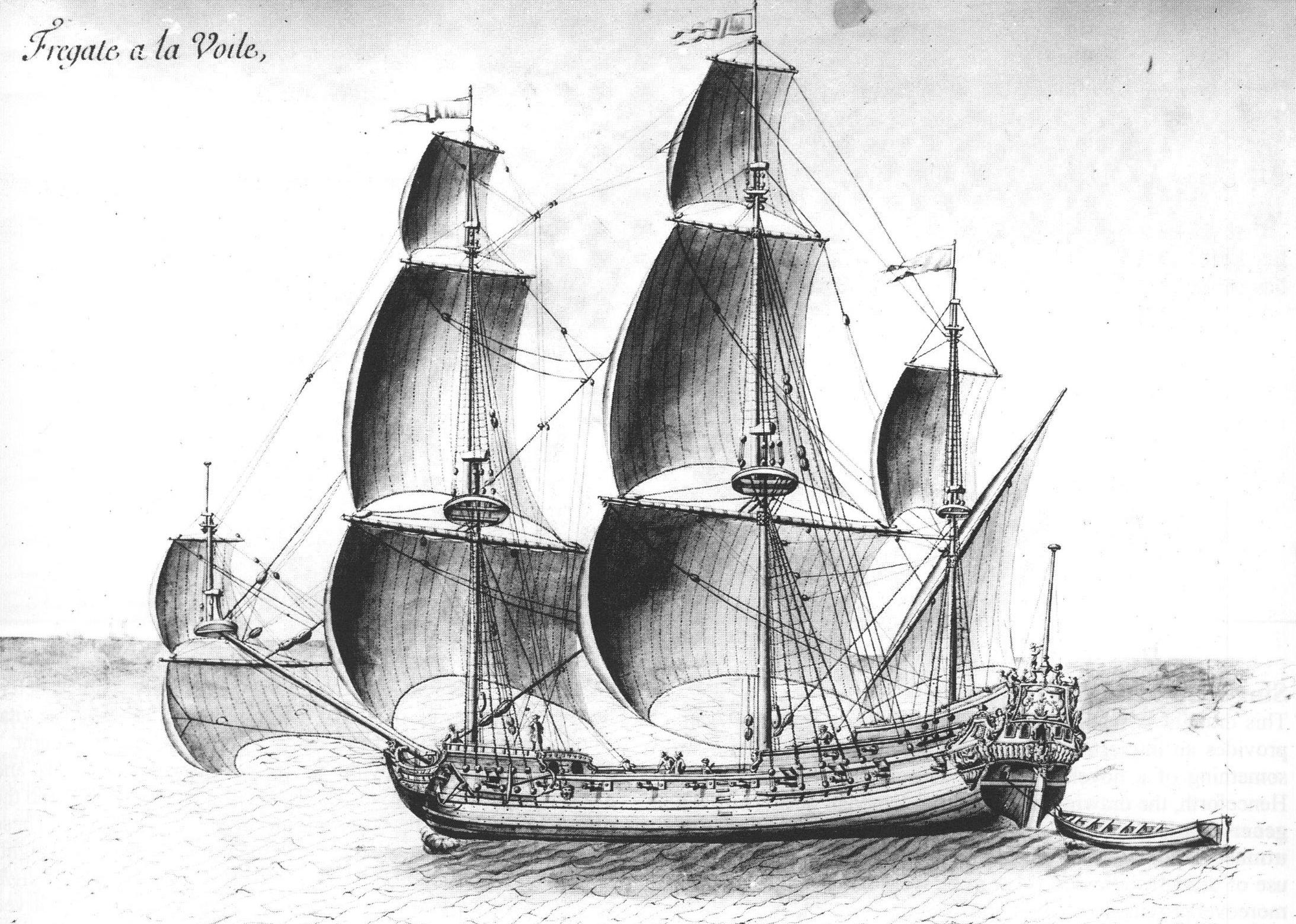|
Hampden, Maine
Hampden is a town on the Penobscot River estuary in Penobscot County, Maine, United States. The population was 7,709 at the 2020 census. Hampden is part of the Bangor metropolitan statistical area. History The town was originally called Wheelersborough after its original settler, Benjamin Wheeler. It was incorporated on February 24, 1794, and named after the English patriot John Hampden. During the War of 1812, on September 3, 1814, about 400 local militia under the command of Brigadier General John Blake of nearby Brewer attempted to hold off a superior force of British regulars at Hampden. The American line, however, collapsed before a charge and was quickly routed. The Americans suffered one fatality with eleven wounded, and the British lost two (one an officer). A civilian spectator was also killed. The British fleet, which under command of Sir John Coape Sherbrooke (then lieutenant governor of Nova Scotia) had recently captured Castine, looted Hampden and nearby Bangor ... [...More Info...] [...Related Items...] OR: [Wikipedia] [Google] [Baidu] |
Penobscot River
The Penobscot River (Abenaki: ''Pαnawάhpskewtəkʷ'') is a U.S. Geological Survey. National Hydrography Dataset high-resolution flowline dataThe National Map, accessed June 22, 2011 river in the U.S. state of Maine. Including the river's West Branch and South Branch increases the Penobscot's length to , making it the second-longest river system in Maine and the longest entirely in the state. Its drainage basin contains . It arises from four branches in several lakes in north-central Maine, which flow generally east. After the uniting of the West Branch with the East Branch at Medway (), the Penobscot flows south, past the city of Bangor, where it becomes navigable. Also at Bangor is the tributary Kenduskeag Stream. It empties into the Atlantic Ocean in Penobscot Bay. It is home to the Penobscot people that live on Indian Island, and considered to be The People's lifeblood. History Norumbega Most historians have accepted the Penobscot region as Jean Allefonsce's ... [...More Info...] [...Related Items...] OR: [Wikipedia] [Google] [Baidu] |
Brewer, Maine
Brewer is a city in Penobscot County, Maine, United States. It is part of the Bangor, Maine Metropolitan Statistical Area. The city is named after its first settler, Colonel John Brewer. The population was 9,672 at the 2020 census. Brewer is the sister city of Bangor. The two are at the head of navigation on opposite sides of the Penobscot River estuary and are connected by three bridges. Brewer and Bangor were originally both part of Condeskeag Plantation, though the Brewer part was also called "New Worcester" after John Brewer's birthplace. In 1788 Orrington, Maine was incorporated with Brewer/New Worcester as its major village. The other half of kenduskeag incorporated in 1791 as Bangor. Finally, in 1812 Brewer broke away from Orrington and incorporated as a separate town. Geography According to the United States Census Bureau, the city has a total area of , of which, is land and is water. The villages of South Brewer and North Brewer are both within city limit ... [...More Info...] [...Related Items...] OR: [Wikipedia] [Google] [Baidu] |
Interstate 95 In Maine
Interstate 95 (I-95) in the US state of Maine is a highway running from the New Hampshire state line in Kittery, to the Canadian border in Houlton. It is the only two-digit Interstate Highway in Maine. In 2004, the highway's route between Portland and Gardiner was changed so that it encompasses the entire Maine Turnpike (including the former I-495 between Falmouth and Gardiner), a toll road running from Kittery to Augusta. Route description I-95 enters Maine as a six lane highway from New Hampshire on the Piscataqua River Bridge, which connects Portsmouth, New Hampshire, with Kittery. At mile 0.38, the highway becomes the Maine Turnpike. The highway runs in a general northeasterly direction, parallel with U.S. Route 1 (US 1), at this point. I-95 bypasses the Biddeford/ Saco area, with a spur route, I-195, connecting to Old Orchard Beach. At Scarborough, I-95 meets the southern terminus of I-295 and narrows to four lanes. The highway turns north, serving the Por ... [...More Info...] [...Related Items...] OR: [Wikipedia] [Google] [Baidu] |
Cashiering
Cashiering (or degradation ceremony), generally within military forces, is a ritual dismissal of an individual from some position of responsibility for a breach of discipline. Etymology From the Flemish (to dismiss from service; to discard roops the word entered the English language in the late 16th century, during the wars in the Low Countries. Although the ''Oxford English Dictionary'' states that the first printed use in this sense appears in Shakespeare's ''Othello'' (1603), it appeared in the 1595 tract ''The Estate of English Fugitives'' by Lewes Lewkenor, "imploring his help and assistance in so hard an extremity, who for recompence, very charitably cashiered them all without the receipt of one penny". Military It is especially associated with the public degradation of disgraced military officers. Prior to World War I, this aspect of cashiering sometimes involved a parade-ground ceremony in front of assembled troops with the destruction of symbols of status: epaulett ... [...More Info...] [...Related Items...] OR: [Wikipedia] [Google] [Baidu] |
Exonerate
Exoneration occurs when the conviction for a crime is reversed, either through demonstration of innocence, a flaw in the conviction, or otherwise. Attempts to exonerate convicts are particularly controversial in death penalty cases, especially where new evidence is put forth after the execution has taken place. The transitive verb, "to exonerate" can also mean to informally absolve one from blame. The term "exoneration" also is used in criminal law to indicate a surety bail bond has been satisfied, completed, and exonerated. The judge orders the bond exonerated; the clerk of court time stamps the original bail bond power and indicates exonerated as the judicial order. Based on DNA evidence DNA evidence is a relatively new instrument of exoneration. The first convicted defendant from a United States prison to be released on account of DNA testing was David Vasquez, who had been convicted of homicide, in 1989. Recently, DNA evidence has been used to exonerate a number of persons e ... [...More Info...] [...Related Items...] OR: [Wikipedia] [Google] [Baidu] |
Court-martial
A court-martial or court martial (plural ''courts-martial'' or ''courts martial'', as "martial" is a postpositive adjective) is a military court or a trial conducted in such a court. A court-martial is empowered to determine the guilt of members of the armed forces subject to military law, and, if the defendant is found guilty, to decide upon punishment. In addition, courts-martial may be used to try prisoners of war for war crimes. The Geneva Conventions require that POWs who are on trial for war crimes be subject to the same procedures as would be the holding military's own forces. Finally, courts-martial can be convened for other purposes, such as dealing with violations of martial law, and can involve civilian defendants. Most navies have a standard court-martial which convenes whenever a ship is lost; this does not presume that the captain is suspected of wrongdoing, but merely that the circumstances surrounding the loss of the ship be made part of the official record. M ... [...More Info...] [...Related Items...] OR: [Wikipedia] [Google] [Baidu] |
Joshua L
Joshua () or Yehoshua ( ''Yəhōšuaʿ'', Tiberian: ''Yŏhōšuaʿ,'' lit. 'Yahweh is salvation') ''Yēšūaʿ''; syr, ܝܫܘܥ ܒܪ ܢܘܢ ''Yəšūʿ bar Nōn''; el, Ἰησοῦς, ar , يُوشَعُ ٱبْنُ نُونٍ '' Yūšaʿ ibn Nūn''; la, Iosue functioned as Moses' assistant in the books of Exodus and Numbers, and later succeeded Moses as leader of the Israelite tribes in the Hebrew Bible's Book of Joshua. His name was Hoshea ( ''Hōšēaʿ'', lit. 'Save') the son of Nun, of the tribe of Ephraim, but Moses called him "Yehoshua" (translated as "Joshua" in English),''Bible'' the name by which he is commonly known in English. According to the Bible, he was born in Egypt prior to the Exodus. The Hebrew Bible identifies Joshua as one of the twelve spies of Israel sent by Moses to explore the land of Canaan. In Numbers 13:1, and after the death of Moses, he led the Israelite tribes in the conquest of Canaan, and allocated lands to the tribes. According to bibl ... [...More Info...] [...Related Items...] OR: [Wikipedia] [Google] [Baidu] |
American Civil War
The American Civil War (April 12, 1861 – May 26, 1865; also known by other names) was a civil war in the United States. It was fought between the Union ("the North") and the Confederacy ("the South"), the latter formed by states that had seceded. The central cause of the war was the dispute over whether slavery would be permitted to expand into the western territories, leading to more slave states, or be prevented from doing so, which was widely believed would place slavery on a course of ultimate extinction. Decades of political controversy over slavery were brought to a head by the victory in the 1860 U.S. presidential election of Abraham Lincoln, who opposed slavery's expansion into the west. An initial seven southern slave states responded to Lincoln's victory by seceding from the United States and, in 1861, forming the Confederacy. The Confederacy seized U.S. forts and other federal assets within their borders. Led by Confederate President Jefferson Davis, ... [...More Info...] [...Related Items...] OR: [Wikipedia] [Google] [Baidu] |
Frigate
A frigate () is a type of warship. In different eras, the roles and capabilities of ships classified as frigates have varied somewhat. The name frigate in the 17th to early 18th centuries was given to any full-rigged ship built for speed and maneuverability, intended to be used in scouting, escort and patrol roles. The term was applied loosely to ships varying greatly in design. In the second quarter of the 18th century, the 'true frigate' was developed in France. This type of vessel was characterised by possessing only one armed deck, with an unarmed deck below it used for berthing the crew. Late in the 19th century (British and French prototypes were constructed in 1858), armoured frigates were developed as powerful ironclad warships, the term frigate was used because of their single gun deck. Later developments in ironclad ships rendered the frigate designation obsolete and the term fell out of favour. During the Second World War the name 'frigate' was reintroduced to des ... [...More Info...] [...Related Items...] OR: [Wikipedia] [Google] [Baidu] |
USS Adams (1799)
USS ''Adams'' was a 28-gun (rated) sailing frigate of the United States Navy. She was laid down in 1797 at New York City by John Jackson and William Sheffield and launched on 8 June 1799. Captain Richard Valentine Morris took command of the ship. She was name for Founding Father and 2nd president of the United States John Adams. Quasi-War with France The frigate departed New York in mid-September 1799 and headed for the West Indies to protect American shipping from attacks by French privateers, during the Quasi-War with France. She arrived at Saint Christopher on 10 October and soon began cruising nearby waters in search of French men of war and any prizes which had been captured by warships flying French colors. Later that month, she recaptured the brig ''Zylpha'' and assisted in taking an unidentified 4-gun French privateer and freeing an English brig and a schooner from Boston which that vessel had seized. On 12 November, she again teamed with ''Insurgent'' in recapturing ... [...More Info...] [...Related Items...] OR: [Wikipedia] [Google] [Baidu] |
Looting
Looting is the act of stealing, or the taking of goods by force, typically in the midst of a military, political, or other social crisis, such as war, natural disasters (where law and civil enforcement are temporarily ineffective), or rioting. The proceeds of all these activities can be described as booty, loot, plunder, spoils, or pillage. During modern-day armed conflicts, looting is prohibited by international law, and constitutes a war crime.Rule 52. Pillage is prohibited. ''Customary IHL Database'', (ICRC)/ |
Castine, Maine
Castine ( ) is a town in Hancock County in eastern Maine.; John Faragher. ''Great and Nobel Scheme''. 2005. p. 68. The population was 1,320 at the 2020 census. Castine is the home of Maine Maritime Academy, a four-year institution that graduates officers and engineers for the United States Merchant Marine and marine related industries. Approximately 1000 students are enrolled. During the French colonial period, Castine was the southern tip of Acadia and served as the regional capital between 1670 and 1674. During the 17th and early 18th century, New France defined the Kennebec River as the southern boundary of Acadia, which put Castine within Acadia. The town is named after Jean-Vincent d'Abbadie de Saint-Castin. History Contested territory Called Majabigwaduce by Tarrantine Abenaki Indians, Castine is one of the oldest towns in New England, predating the Plymouth Colony by seven years. Situated on Penobscot Bay, it is near the site of Fort Pentagouet, which many consider ... [...More Info...] [...Related Items...] OR: [Wikipedia] [Google] [Baidu] |


.jpg)




